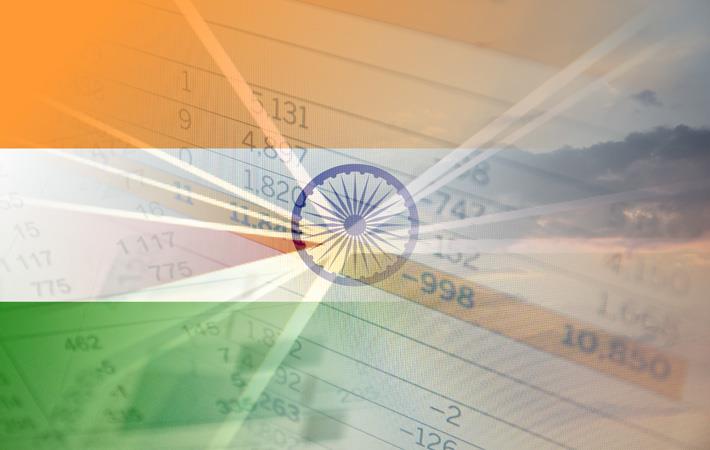Indian rating agency ICRA Ratings recently said it expects the country's real gross domestic product (GDP) to grow by 10.1 per cent in fiscal 2021-22. However, the value of GDP in the next fiscal will only mildly surpass the level that had been recorded in 20219-20, it said. The real GDP witnessed a 7.8 per cent pandemic-driven shrinkage in this fiscal.
“The seemingly-sharp expansion will be led by the continued normalisation in economic activities as the roll-out of COVID-19 vaccines gathers traction, as well as the low base,” the agency’s principal economist Aditi Nayar said in a report.Indian rating agency ICRA Ratings recently said it expects the country's real gross domestic product (GDP) to grow by 10.1 per cent in fiscal 2021-22. However, the value of GDP in the next fiscal will only mildly surpass the level that had been recorded in 20219-20, it said. The real GDP witnessed a 7.8 per cent pandemic-driven shrinkage in this fiscal.#
She expects a multi-speed recovery in fiscal 2021-22, with the contact-intensive sectors, discretionary consumption and investment by the private sector trailing the rest of the economy, in the arduous march back to attaining, and sustaining, pre-COVID levels.
“On a sobering note, we project the aggregate value of the Indian GDP in real terms in FY2022, to be only mildly higher than the level recorded in FY2020,” Nayar added.
The agency expects the headline consumer price inflation (CPI) to decline to 4.6 per cent in FY2022 from 6.4 per cent in FY2021, while exceeding the mid-point of the Monetary Policy Committee's (MPC) medium target of 4 per cent, for the third consecutive year.
A favourable base would moderate the retail food inflation to an average of 4.7 per cent in FY2022 from 8 per cent in FY2021, despite the pressures from edible oils, and protein items such as pulses, it said.
With the CPI inflation expected to remain above the MPC's 4 per cent target during FY2022, the agency expects an extended pause for the repo rate.
It expects the “stance of monetary policy to be changed to neutral from accommodative in the August 2021 policy review or later, only after there is greater certainty on the durability of the awaited economic revival.”
The report said the Reserve Bank of India may initiate steps, in a calibrated manner, to reduce the magnitude of the systemic liquidity surplus.
Nayar said the government security yields will take a cue from the size of the borrowing programme of the central and the state governments for FY2022, as well as the outlook for inflation.
The agency expects the twin deficits to display a divergent trend in FY2022.
“As the revenue shock ebbs, we project India's general government (centre states) fiscal deficit to moderate to 8.5 per cent of GDP in FY2022 from the 12-12.5 per cent of the GDP expected in the current year,” Nayar said.
However, with imports expected to revive in tune with the anticipated recovery in domestic demand, the current account balance is forecast to slip back into a modest deficit of USD 15-20 billion (or 0.6 per cent of GDP) in FY2022 from a surplus of USD 35-40 billion in FY2021, she said.
Fibre2Fashion News Desk (DS)
